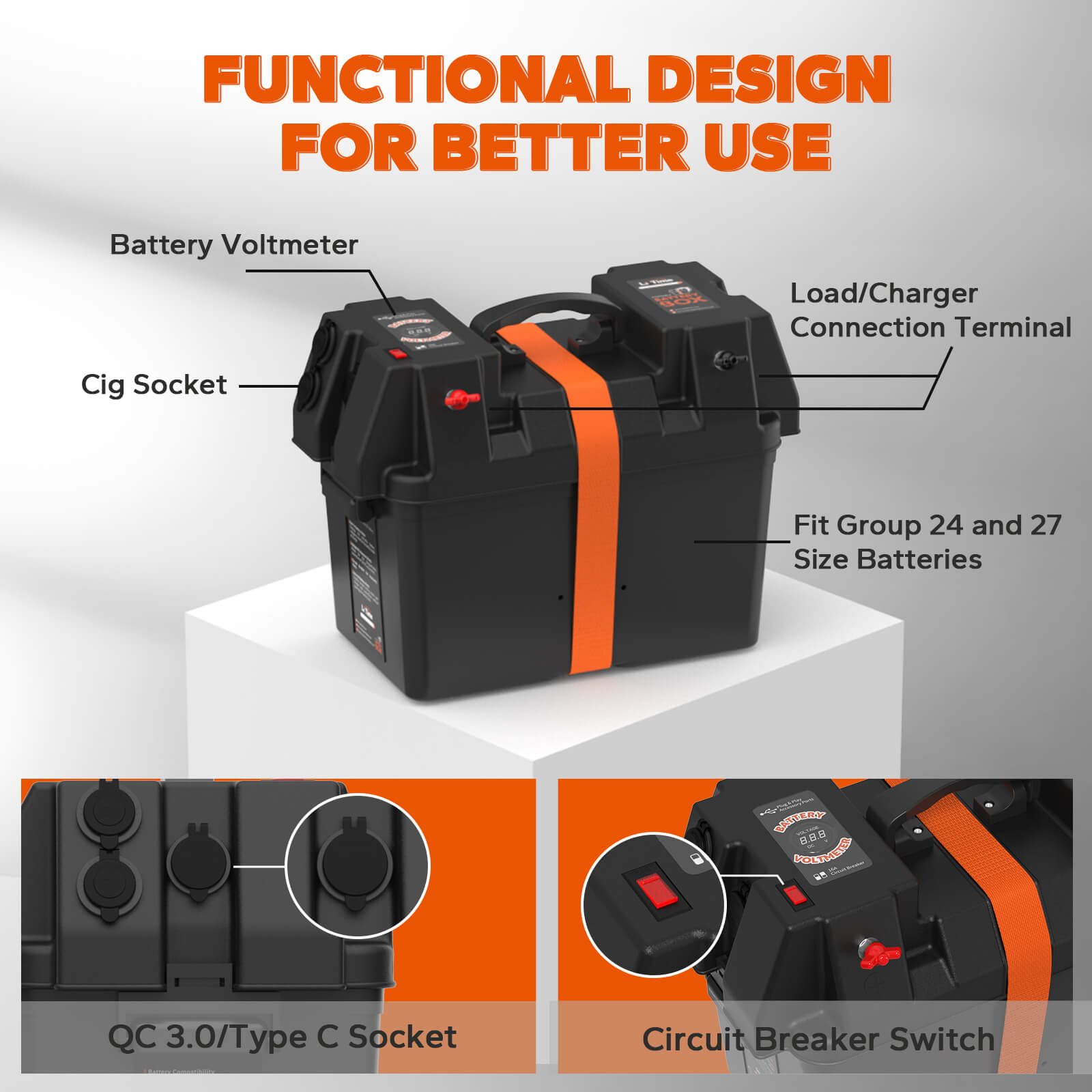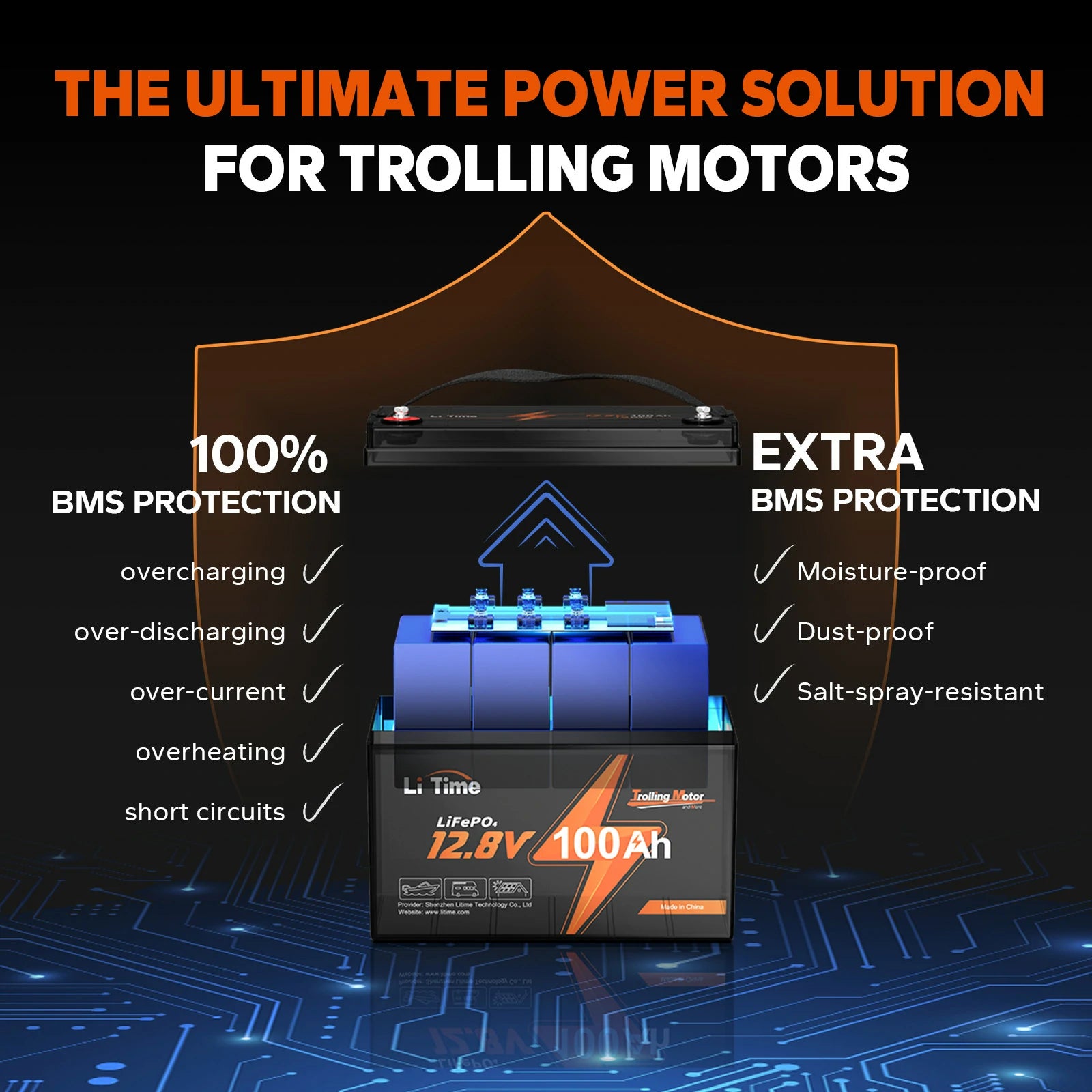Shop
- New Arrivals
- 12V 100Ah Batteries
- 12V LiFePO4 Batteries
- 16V LiFePO4 Battery
- 24V LiFePO4 Batteries
- 36V LiFePO4 Batteries
- 48V LiFePO4 Batteries
- Ultra Fast AC-DC Chargers
- DC-DC Chargers
- Inverters
- Solar Charge Controllers
- Battery Accessories
- Like New Batteries

-
Classic
-
Bluetooth
-
Low-Temp
-
Self-Heating
-
2C-Rate
Function selection
-
Classic
-
Starting
-
Low-Temp
-
Bluetooth
-
Self-Heating
-
2C-Rate
Function selection
-
Bluetooth
-
Low-Temp
-
Self-Heating
Function selection
-
Classic
-
Low-Temp
-
Bluetooth
-
2C-Rate
Function selection
-
Low-Temp
-
Bluetooth
-
2C-Rate
Function selection
-
Classic
-
Low-Temp
-
Bluetooth
-
2C-Rate
Function selection
-
Waterproof
-
Multi-Bank
Function selection
-
Bluetooth
-
Waterproof
Function selection
-
Classic
-
Low-Temp
-
Bluetooth
-
Self-Heating
-
Starting
-
2C-Rate
Function selection
Earth Day Sale
Applications
Support
Support
Reviews
User Guide
Explore
Program
Discounts
About LiTime
Recommended Results
1
RV Batteries
2
Trolling Motor Batteries
3
Golf Cart Batteries
4
Marine Batteries
5
Off-Grid Batteries
6
Home Backup Power Batteries
7
Starting/Cranking Batteries
8
Bluetooth Batteries
9
12V 100Ah Battery
Sorry, no matching results found.
Try searching again or contact our Customer Service.
Product Results
View All
Preons for 12V RV
Preons for 12V RV
Preons for 12V RV
Preons for 12V RV
Preons for 12V RV
Blog Results
View All
Preons for 12V RV
Preons for 12V RV
Preons for 12V RV
Preons for 12V RV
Preons for 12V RV



































































































































